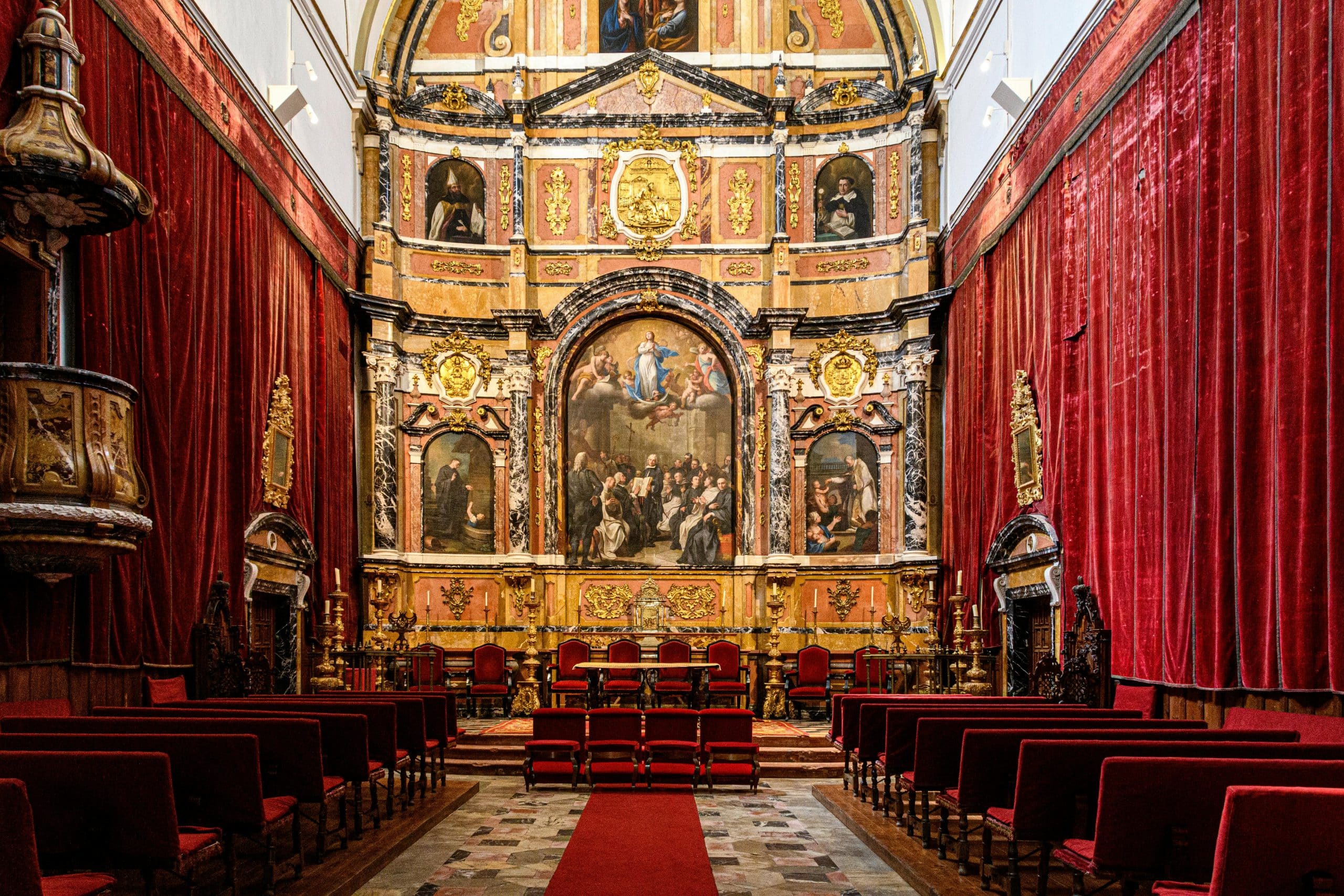What are the necessary steps for a UK-based fine arts gallery to comply with cultural heritage laws?

Complying with the cultural heritage laws is a crucial aspect for any art institution. For a UK-based fine arts gallery, it involves a series of steps that ensure adherence to the rules set out by the government. These steps range from managing collections to running the organisation with transparency.
Comprehending Cultural Heritage Laws
Before you embark on the journey of compliance, it is essential to understand the legal framework that governs your operations. The UK's cultural heritage laws regulate the management and preservation of cultural and historical artefacts in institutions like museums, galleries, and similar organisations.
A lire en complément : How to ensure compliance with UK packaging regulations for a new snack food company?
These laws aim to protect and preserve the heritage, ensuring that future generations can appreciate the richness and diversity of the country's history and culture. They also regulate the acquisition, display, and loan of artefacts, and the conduct of professional practices within these institutions.
You can download and read the legislation in a pdf format from the official government website. After doing so, it would be beneficial to consult with a legal expert in cultural heritage laws. They can help you understand the nuances of the law and explain how it applies to your specific situation.
Sujet a lire : What are the detailed requirements for setting up a UK-based podcast production company?
Hiring and Training of Trustees
Trustees play a crucial role in a gallery. They are the stewards of the gallery's collection and are responsible for its sound management. They have a legal and ethical duty to maintain the standards stipulated by the cultural heritage laws.
First, you need to hire trustees who have a keen interest and understanding of the fine arts. They should also be committed to preserving the country's cultural heritage. You can advertise the positions in national and local newspapers, professional websites, and art forums.
Once you have a team of trustees, they must be adequately trained in cultural heritage laws. They need to understand the legal implications of their actions and decisions. Regular training sessions and workshops on the latest developments in the laws can help keep them updated.
Managing the Collection
The cultural heritage laws require that you manage your collection with utmost responsibility. This involves the acquisition of artefacts, documentation, conservation, and display in the gallery.
When acquiring new objects for your collection, you must ensure they are legally sourced. It would be best if you had a clear provenance history for every object, which needs to be documented and verified.
Your gallery is also responsible for the preservation of the objects. This includes providing the right environmental conditions and materials for their storage, as well as maintaining detailed records for each artifact.
The laws also require that you make a portion of your collection accessible to the public. Therefore, you need to plan regular exhibitions, where the public can appreciate and learn from the artefacts.
Financial Transparency and Accountability
Financial transparency is an important aspect of complying with cultural heritage laws. You are required to maintain detailed records of all income and expenses. This includes funds received from donors, ticket sales, event revenues, and grants. Similarly, you should keep track of all your expenses, such as salaries, maintenance costs, acquisition costs, and marketing expenditure.
You must also ensure that you use funds responsibly and for the purpose they were intended. For instance, a grant received for conservation should not be used for marketing activities.
At the end of the financial year, you will need to prepare a financial report that provides a comprehensive overview of your finances. This report should be audited by an independent auditor and made available to the public.
Engaging the Public
The cultural heritage laws also require that you actively engage with the public. As a gallery, you are a custodian of the nation's cultural heritage, and this heritage belongs to the public.
Engagement can take many forms. For instance, you can organise workshops and seminars on fine arts, give the public opportunities to interact with artists, and hold children's art classes. You can also offer interactive tours of your gallery and host cultural events.
In addition, you should provide information about your collection and activities on your website, and make some of your collection available for viewing online. People should be able to download information about your artefacts in a pdf format.
By engaging the public, you not only comply with the law but also play a part in promoting an appreciation for the fine arts among the wider community.
Remember that compliance with cultural heritage laws is a continuous process that requires constant vigilance and responsiveness to changes in the laws. While it may seem daunting at times, it is ultimately rewarding, adding to the credibility and reputation of your gallery.
Adherence to Code of Ethics and Intellectual Property Laws
Every UK-based fine arts gallery, including renowned institutions like the British Museum, must adhere to a strict code of ethics. This code of ethics, outlined by governing bodies such as the Arts Council and the Museums Association, emphasises responsible practices, accountability, and transparency.
Key elements of ethical conduct include respect for artists’ intellectual property rights, ensuring the fair acquisition of cultural objects, and not engaging in illegal or unethical trade of works of art. Respect for intellectual property is particularly important. Galleries must ensure they do not infringe on artists' copyright, trademark, or other intellectual property rights. They should obtain all necessary permissions before reproducing any artworks.
Furthermore, the code of ethics places a strong emphasis on public benefit. This means your gallery must operate in ways that benefit the community and promote public interest and engagement in fine arts. For instance, you might provide educational programmes and workshops or offer free admission days.
The board of trustees must ensure the code of ethics is followed to the letter. Establishing a culture of ethical conduct within the gallery will help you comply with the cultural heritage laws and enhance the reputation of your institution.
Application for Export Licence
There will come a time when your gallery might need to transport a piece of artwork or cultural property outside the UK. This could be for an international exhibition, a loan to an overseas gallery, or a sale to an overseas buyer.
In such cases, your gallery needs to apply for an export license. The Department for Digital, Culture, Media and Sport handles these licenses and ensures the export of cultural objects is in line with the UK's cultural heritage laws.
The process involves filling out an application form detailing the artwork's information, including its value, age, history, and reasons for export. If the artwork is of exceptional cultural, historical, or artistic significance, an export license may be denied to retain the work within the UK.
Bear in mind that the export license isn't a mere formality. It's a legal requirement and a crucial part of ensuring the UK's cultural heritage is preserved. Violating these laws can result in severe penalties, including heavy fines and even imprisonment. Therefore, understanding the application process and meeting all requirements is crucial.
Conclusion
Abiding by cultural heritage laws is a complex process for a UK-based fine arts gallery. It involves understanding and implementing various regulations, not only about the care and management of artworks but also concerning financial transparency, ethical conduct, and public engagement.
The board of trustees, with their legal and ethical obligations, play a crucial role in ensuring compliance. Whether it's about securing an export license or respecting intellectual property rights, every action and decision must align with the cultural heritage laws.
Lastly, it's important to remember that fostering a culture of respect for cultural heritage isn't just about law compliance. It's about preserving and sharing the richness and diversity of the UK's history and culture, not just for current visitors but for future generations.
The challenge is no small feat, but as custodians of the nation's artistic heritage, the task of meeting these requirements is a rewarding and essential endeavour.
